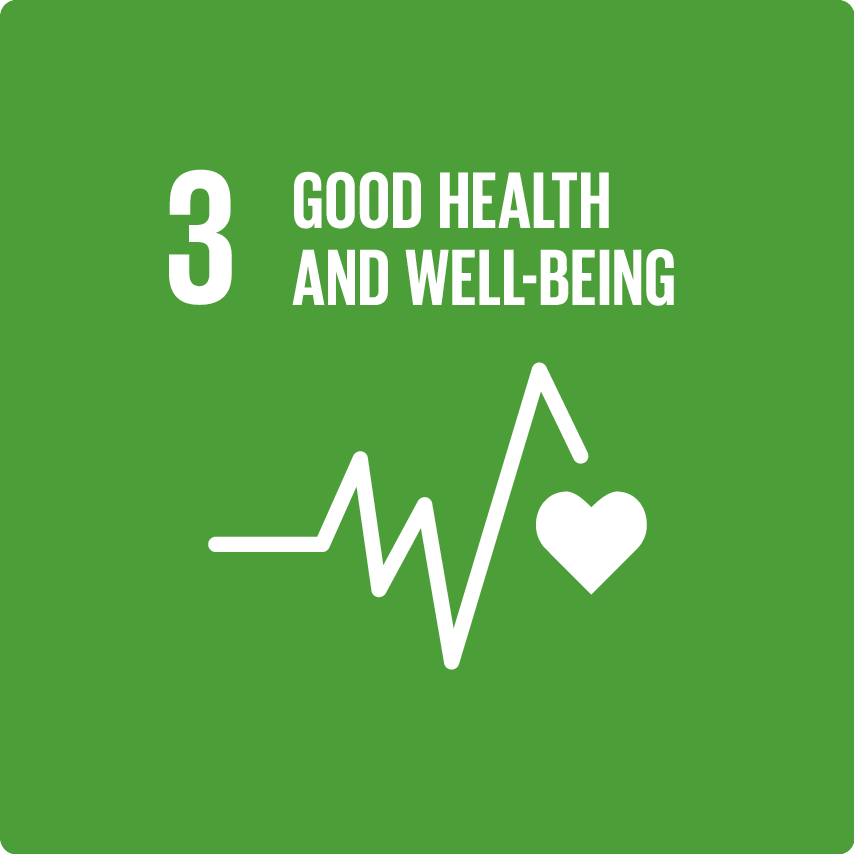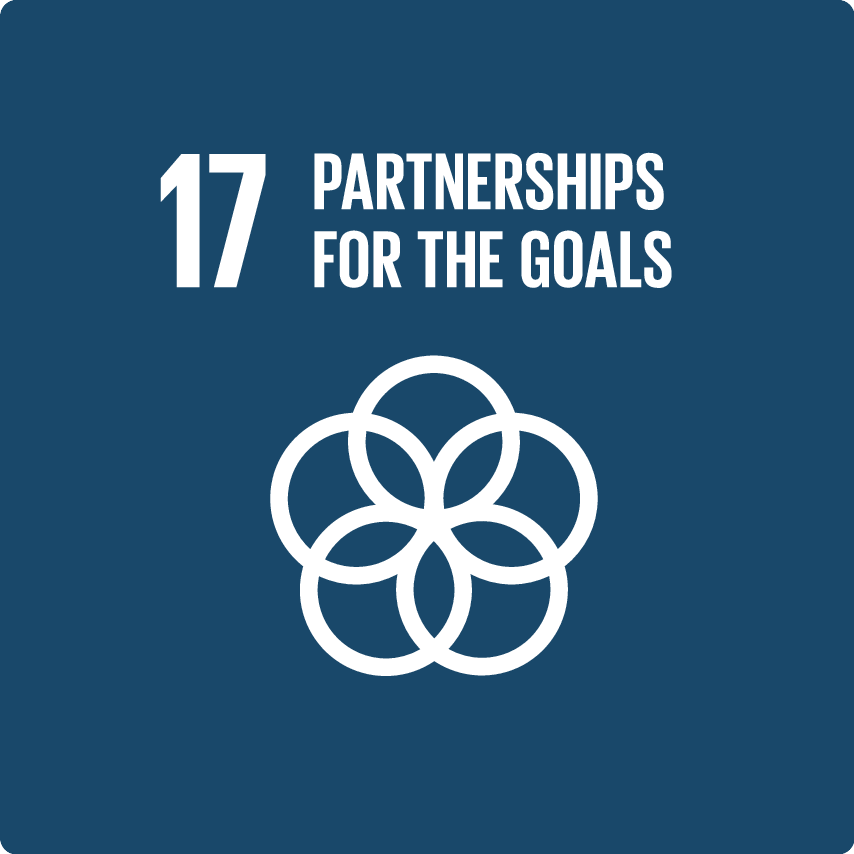Pediatric Formulations for antiretrovirals (ARVs)
Making antiretroviral viral medicines available to children with HIV/AIDS in developing countries in sub-Saharan Africa and Asia.
SEE ALL PARTNER ORGANIZATIONS
Objectives
- Make antiretroviral viral medicines available to children with HIV/AIDS in developing countries in sub-Saharan Africa and Asia.
What are the health needs and challenges?
Of the 2.5 million HIV-positive children in the world in 2007, nearly 90% were in sub-Saharan Africa, according to UNAIDS. Antiretrovirals (ARVs) are developed for adults, most clinical trials are in adults, with doses and dosage forms designed for adults. But children cannot be dosed like small adults, as their metabolic capacity to absorb ARVs is not simply proportional to their weight. Safety, efficacy and dosage need to be determined via specific pediatric trials. Most ARVs were developed in tablet form, yet these are impractical for children under five, who require special liquid formulations. While older children can take tablets, those intended for adults often contain too large a dose.
Partnership activities and how they address needs and challenges
This initiative researches and develops new medicines and/or new formulations of existing medicines to treat children with HIV/AIDS, especially in developing countries in sub-Saharan Africa and Asia. In some cases, partners have signed licensing, patent and/or technology transfer agreements with generic drug manufacturers in South Africa, India and Brazil to make existing HIV/AIDS medicines available in developing countries at lower costs.
Bristol-Myers Squibb produces pediatric formulations for SUSTIVA® (efavirenz) as capsule sprinkles and REYATAZ® (atazanavir) as an oral powder. Both SUSTIVA® and REYATAZ® are approved in the United States (US) and European Union (EU) for treatment of HIV-1 infection in combination with other antiretroviral agents (ARVs). SUSTIVA® is approved for use in patients 3 months and older who weigh at least 3.5 kg. REYATAZ® is approved for patients 3 months and older who weigh at least 5 kg. For more information about Bristol-Myers Squibb’s initiatives to expand access to medicines for people with HIV/AIDS and people in developing countries click here.
Geographic Reach
- Africa
- Eastern Mediterranean
- South-East Asia
Disease Area
- Infectious and Parasitic Disease
- Women’s and Child Health
- Non-communicable diseases
Target Population
- Children
- People with low incomes
Partner organizations
Foundation for AIDS Research (amfAR)
Clinton Health Access Initiative (CHAI)
Elizabeth Glaser Pediatric AIDS Foundation (EGPAF)
Aspen Pharmacare
Abbvie
Emcure Pharmaceuticals
Mylan Laboratories Limited (a Viatris Group company)
Geographic Reach
Africa
- Angola
- Benin
- Botswana
- Burkina Faso
- Burundi
- Cabo Verde
- Cameroon
- Central African Republic
- Chad
- Comoros
- Congo
- Côte d'Ivoire
- Democratic Republic of the Congo
- Equatorial Guinea
- Eritrea
- Ethiopia
- Gabon
- Gambia
- Ghana
- Guinea
- Guinea-Bissau
- Kenya
- Lesotho
- Liberia
- Madagascar
- Malawi
- Mali
- Mauritania
- Mauritius
- Mozambique
- Namibia
- Niger
- Nigeria
- Rwanda
- Sao Tome and Principe
- Senegal
- Seychelles
- Sierra Leone
- South Africa
- South Sudan
- Swaziland
- Togo
- Uganda
- United Republic of Tanzania
- Zambia
- Zimbabwe
Eastern Mediterranean
- Somalia
- Sudan
South-East Asia
- India
Disease Area
Infectious and Parasitic Disease
- HIV/AIDS
Women’s and Child Health
- Children's Health
Non-communicable diseases
- Cancer
- Cardiovascular diseases
- Diabetes
- General Noncommunicable Disease Care (Health System)
- Mental and neurological disorders
- Respiratory Diseases
- Other NCDs

